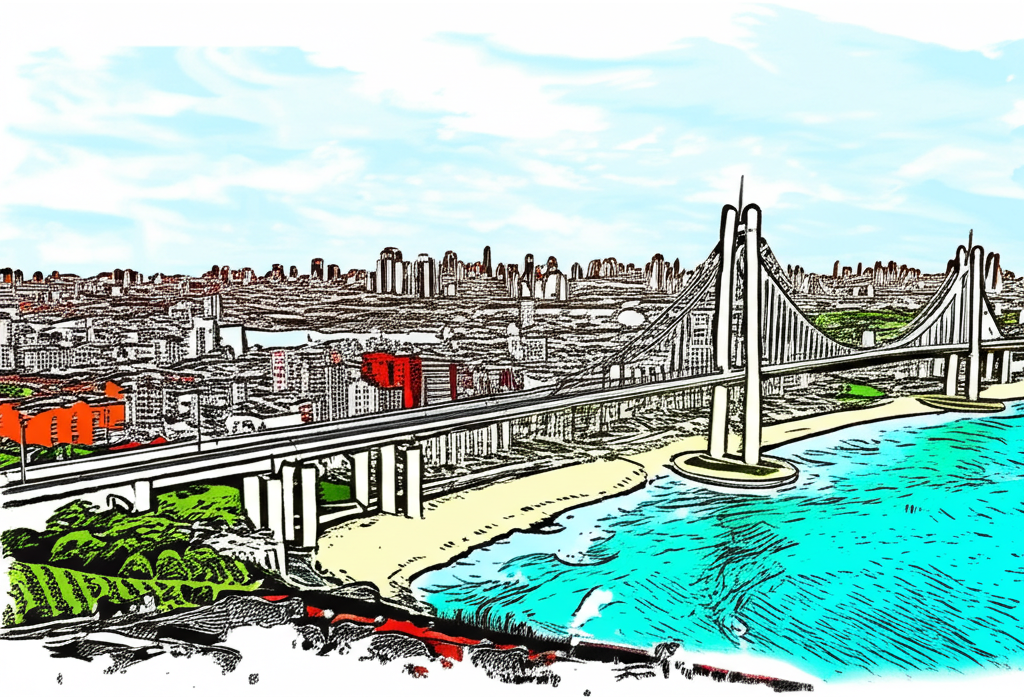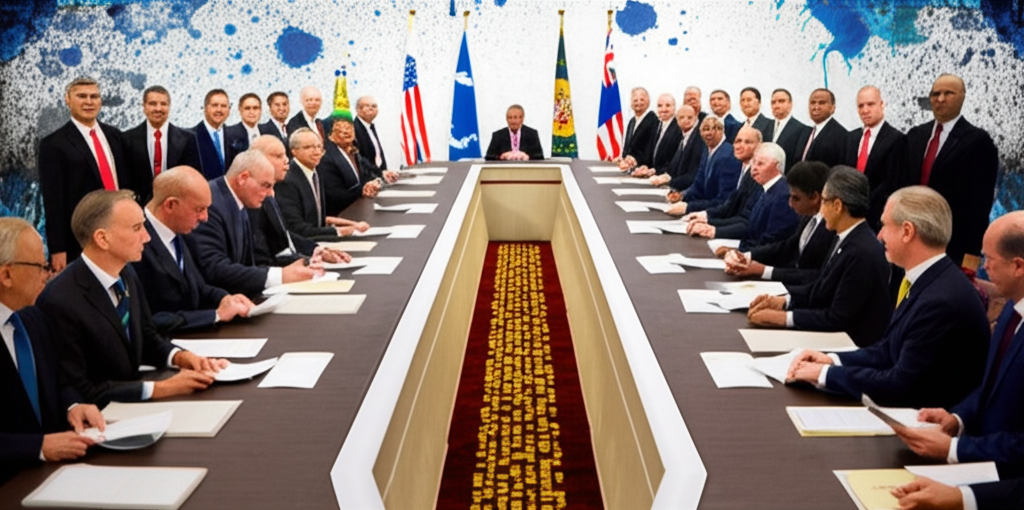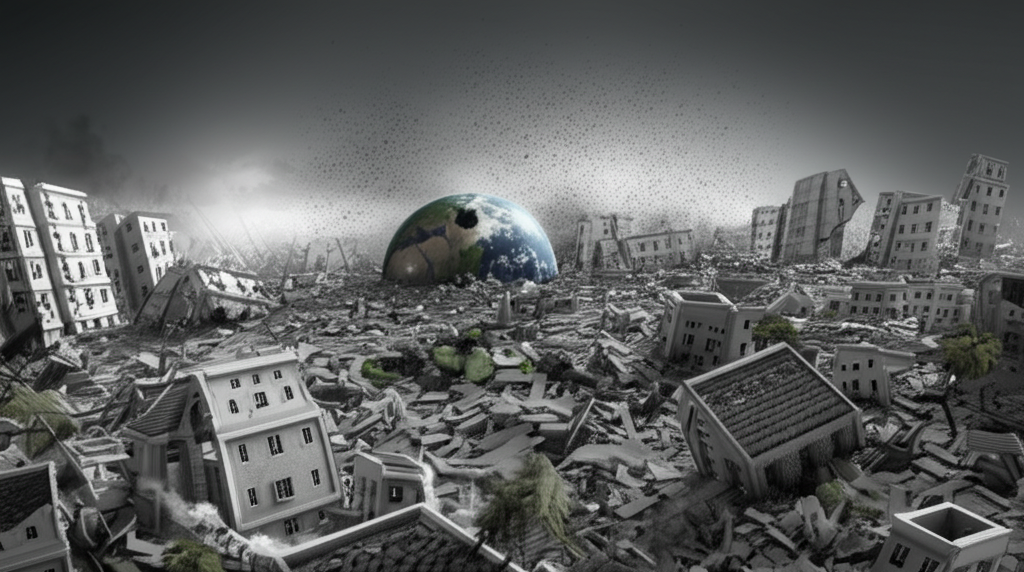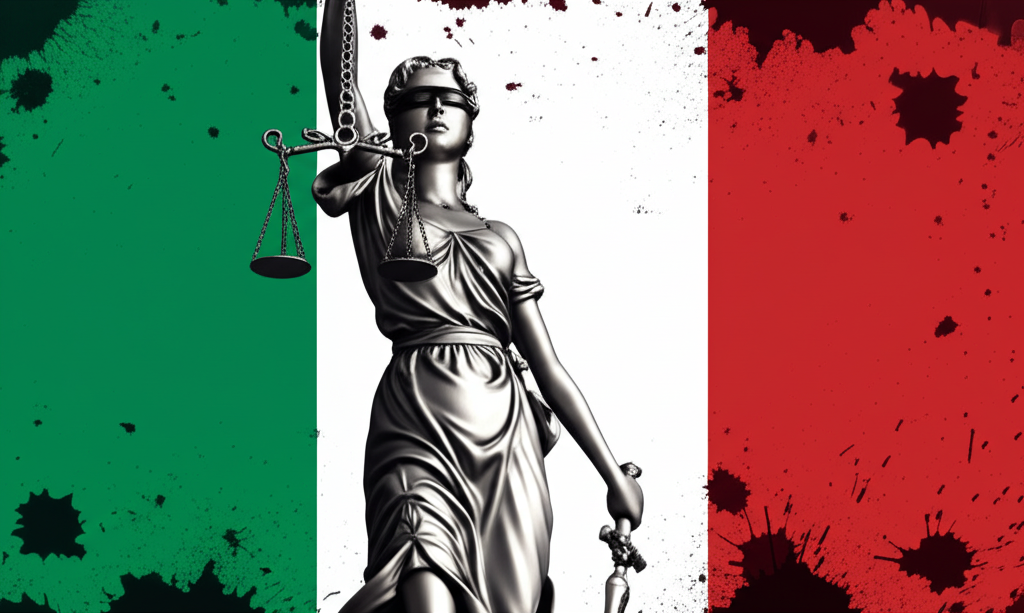France is in the midst of a political crisis after Prime Minister Michel Barnier’s ouster. President Emmanuel Macron is now on the hunt for new allies to form a stable government. This article explores the challenges Macron faces, potential alliances, and what this means for the future of France.
- Prime Minister Barnier ousted in no-confidence vote.
- Macron seeks “new method” to form government.
- Potential alliances with Greens, Republicans, Socialists explored.
- Far-right National Rally excluded from discussions.
- Pressure mounts on Macron to find a solution quickly.
Macron’s Call for Unity
Following the no-confidence vote that removed Prime Minister Michel Barnier, President Macron has initiated discussions with various political forces to explore the formation of a new government. This move marks a significant shift from his previous approach of individual meetings with party leaders. Macron is now actively seeking a broader alliance to ensure stability and address France’s pressing challenges.
The Challenges of Building a Coalition
Forming a new government is proving to be a complex task for Macron. The French parliament is almost evenly divided between the left-wing NFP alliance, Macron’s centrists and conservatives, and the far-right National Rally (RN). This fragmented political landscape makes it difficult to forge a majority coalition. The RN’s exclusion from discussions further complicates matters, leaving Macron with limited options.
Potential Allies and Obstacles
Macron’s discussions with the Greens party leader suggest a potential alliance, but there are significant policy differences to overcome. The Republicans and Socialists also present possible coalition partners, but their cooperation is not guaranteed. Building trust and finding common ground will be crucial for Macron to succeed.
The Greens Party
While initial discussions have taken place, the Greens’ environmental focus may clash with some of Macron’s economic policies.
The Republicans
The Republicans, a more conservative party, could provide much-needed support, but their cooperation hinges on significant concessions from Macron.
The Socialists
The Socialists, on the left of the political spectrum, represent another potential ally. However, their willingness to collaborate with Macron remains uncertain given past tensions.
A Race Against Time
The political crisis puts immense pressure on Macron to quickly form a new government. The delay in appointing a new prime minister adds to the uncertainty and economic instability. Macron has pledged “30 months of useful action,” but without a stable government, fulfilling this promise will be a significant challenge.
Navigating Uncharted Waters
The current political situation in France is unprecedented. The divisions within parliament and the absence of a clear majority make it difficult to predict the outcome of Macron’s efforts. The future of French politics hangs in the balance as the nation awaits the formation of a new government.
What This Means for France
The ongoing political crisis could have significant implications for France’s economy and international standing. A prolonged period of uncertainty could damage investor confidence and hinder economic growth. Moreover, a weakened government could limit France’s ability to play a decisive role on the global stage.





